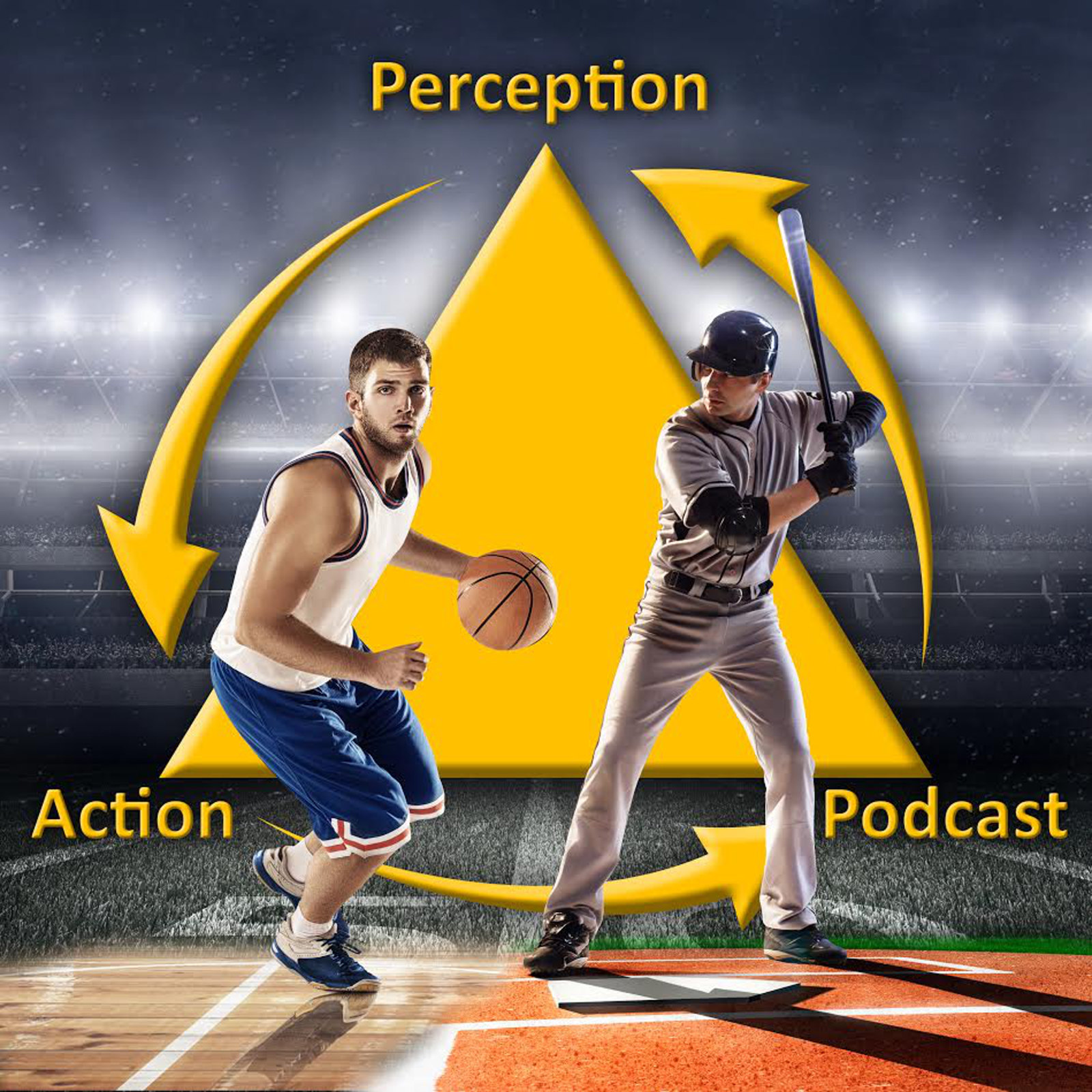19
What processes occur during the times when an athlete is not on the field or court, that is there off-time between practices and competitions. How important are these rest periods for learning sports skills? Does it matter what an athlete does during these periods? Could doing something like playing video games possibly interfere with the gains made during practice?
Download link
Key points:
• When we create new memories (either the declarative facts we use in math or the procedural one’s we used to perform motor skills) these memories take quite a well to form and this process continues well after you stop performing the skill. This process is called consolidation.
-For example, by strengthening the connections between particular neurons in their brain
• It comes at a cost because during the process of consolidation the procedural memories or motor programs that are being formed are very fragile and be disrupted by performing other tasks in a process called interference
• Sleep (at night or via naps) has shown to be essential for effective consolidation of motor skills
-Evidence from brain imaging suggests mental rehearsal of newly learning skills may occur during sleep
• Interference is a type of negative transfer of training that depends on the similarity between two tasks the athlete is performing. In general, higher similarity creates greater potential for interference.
• Observing someone else performing different actions seems to enhance consolidation
• It is still not clear whether playing video games have any positive or negative effects on the learning of perceptual-motor skills in sports
Articles:
Leg muscle recruitment during cycling is less developed in triathletes than cyclists despite matched cycling training loads
Practice With Sleep Makes Perfect: Sleep-Dependent Motor Skill Learning
The restorative effect of naps on perceptual deterioration
Experience-dependent changes in cerebral activation during human REM sleep
Watch and Learn: Seeing Is Better than Doing when Acquiring Consecutive Motor Tasks
Do action video games improve perception and cognition?
Action-Video-Game Experience Alters the Spatial Resolution of Vision
More information:
My Research Gate Page (pdfs of my articles)
My ASU Web page
Podcast Facebook page (videos, pics, etc)
Twitter: @Shakeywaits
Email: robgray@asu.edu
Credits:
The Flamin’ Groovies – Shake Some Action
Thomas Allen – Rest Until I Die
Grumsling – Down Time
Silence is Sexy – The Science of Sleep
Auto Bonfire – I Sleep Fine
Screaming Mirror – The Observer
Saucy Jack – Beat You at Your Own Game
via freemusicarchive.org and jamendo.com
